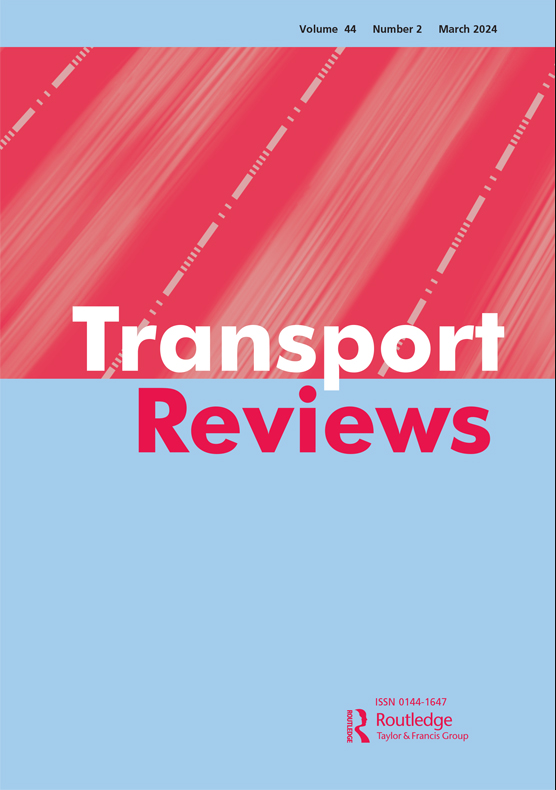评估15分钟城市的准备情况:关于全球绩效指标和实施挑战的文献综述
IF 9.9
1区 工程技术
Q1 TRANSPORTATION
引用次数: 0
摘要
15分钟城市(FMC)最近成为一种流行的规划模式。虽然这个概念建立在完善的城市规划原则基础上,如密度、混合用途和邻近性,但其在研究和实践中的运作面临着方法论和环境方面的挑战。本研究对FMC绩效指标进行了系统回顾,分析了39篇同行评议的文章,分析了评估指标是如何定义的,并用于评估一个地区在不同地理背景下与FMC原则的一致性。我们将绩效指标分为六大类:基于舒适度、基于人口、基于距离、基于重力、基于行为和加权分数。研究结果揭示了显著的方法多样性,特别是在时间阈值、交通方式选择和便利设施选择方面。欧洲和亚洲的研究倾向于关注便利设施的空间分布,而北美的研究则强调行为分析,强调汽车依赖和城市扩张带来的挑战。这篇综述指出了关键的研究差距,包括对数字化和公平问题的关注有限。此外,我们强调需要标准化的性能指标,以允许研究之间的可比性。鉴于城市形态和行为的地区差异,我们认为FMC政策不应采用一刀切的方法,而应根据当地情况进行调整。本研究的结果对决策者有兴趣了解FMC绩效指标的区域挑战和方法变化。本文章由计算机程序翻译,如有差异,请以英文原文为准。
Assessing the readiness for 15-minute cities: a literature review on performance metrics and implementation challenges worldwide
The 15-minute city (FMC) has recently emerged as a popular planning paradigm. While the concept builds upon well-stablished urban planning principles, such as density, mixed use, and proximity, its operationalisation in research and practice faces methodological and contextual challenges. This study conducts a systematic review of FMC performance metrics, analysing thirty-nine peer-reviewed articles analysing how assessment metrics have been defined and used to evaluate the alignment of a region with FMC principles across different geographical contexts. We categorise performance metrics into six broad groups: amenity-based, population-based, distance-based, gravity-based, behaviour-based, and weighted scores. The findings reveal significant methodological diversity, particularly in time thresholds, transport mode choices, and the selection of amenities. European and Asian studies tend to focus on the spatial distribution of amenities, while North American research emphasises behavioural analysis, highlighting the challenges posed by car dependency and urban sprawl. This review identifies key research gaps, including the limited attention given to digitalisation and equity concerns. Additionally, we highlight the need for standardised performance metrics to allow for comparability across studies. Given regional variations in urban form and behaviour, we argue that FMC policies should not adopt a one-size-fits-all approach but rather be tailored to local contexts. The findings from this research can be of interest to policymakers interested in understanding the regional challenges and methodological variations of FMC performance metrics.
求助全文
通过发布文献求助,成功后即可免费获取论文全文。
去求助
来源期刊

Transport Reviews
TRANSPORTATION-
CiteScore
17.70
自引率
1.00%
发文量
32
期刊介绍:
Transport Reviews is an international journal that comprehensively covers all aspects of transportation. It offers authoritative and current research-based reviews on transportation-related topics, catering to a knowledgeable audience while also being accessible to a wide readership.
Encouraging submissions from diverse disciplinary perspectives such as economics and engineering, as well as various subject areas like social issues and the environment, Transport Reviews welcomes contributions employing different methodological approaches, including modeling, qualitative methods, or mixed-methods. The reviews typically introduce new methodologies, analyses, innovative viewpoints, and original data, although they are not limited to research-based content.
 求助内容:
求助内容: 应助结果提醒方式:
应助结果提醒方式:


